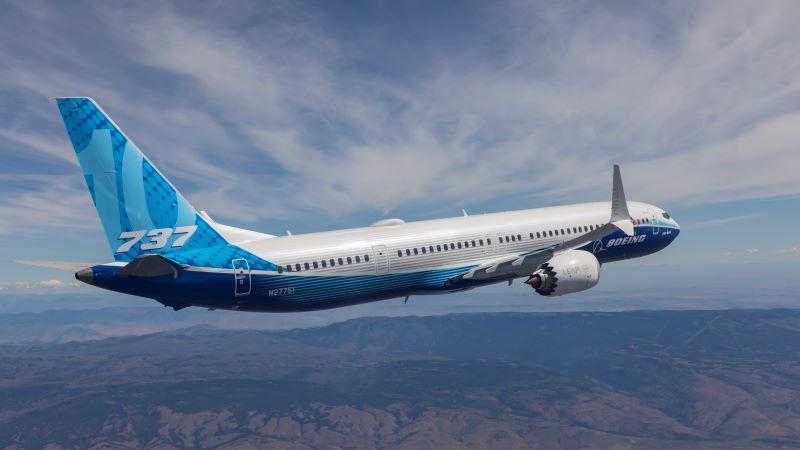Boeing Closing In On 737-7, 737-10 Certification Milestones

Credit: Boeing
Boeing is close to getting FAA certification approval on the 737-7s and the go-ahead to start formal flight-testing of the 737-10—steps that could see deliveries of the last two 737 Max variants start in early 2024 and early 2025 respectively, sources with knowledge of the programs tell Aviation...
Subscription Required
This content requires a subscription to one of the Aviation Week Intelligence Network (AWIN) bundles.
Schedule a demo today to find out how you can access this content and similar content related to your area of the global aviation industry.
Already an AWIN subscriber? Login
Did you know? Aviation Week has won top honors multiple times in the Jesse H. Neal National Business Journalism Awards, the business-to-business media equivalent of the Pulitzer Prizes.






